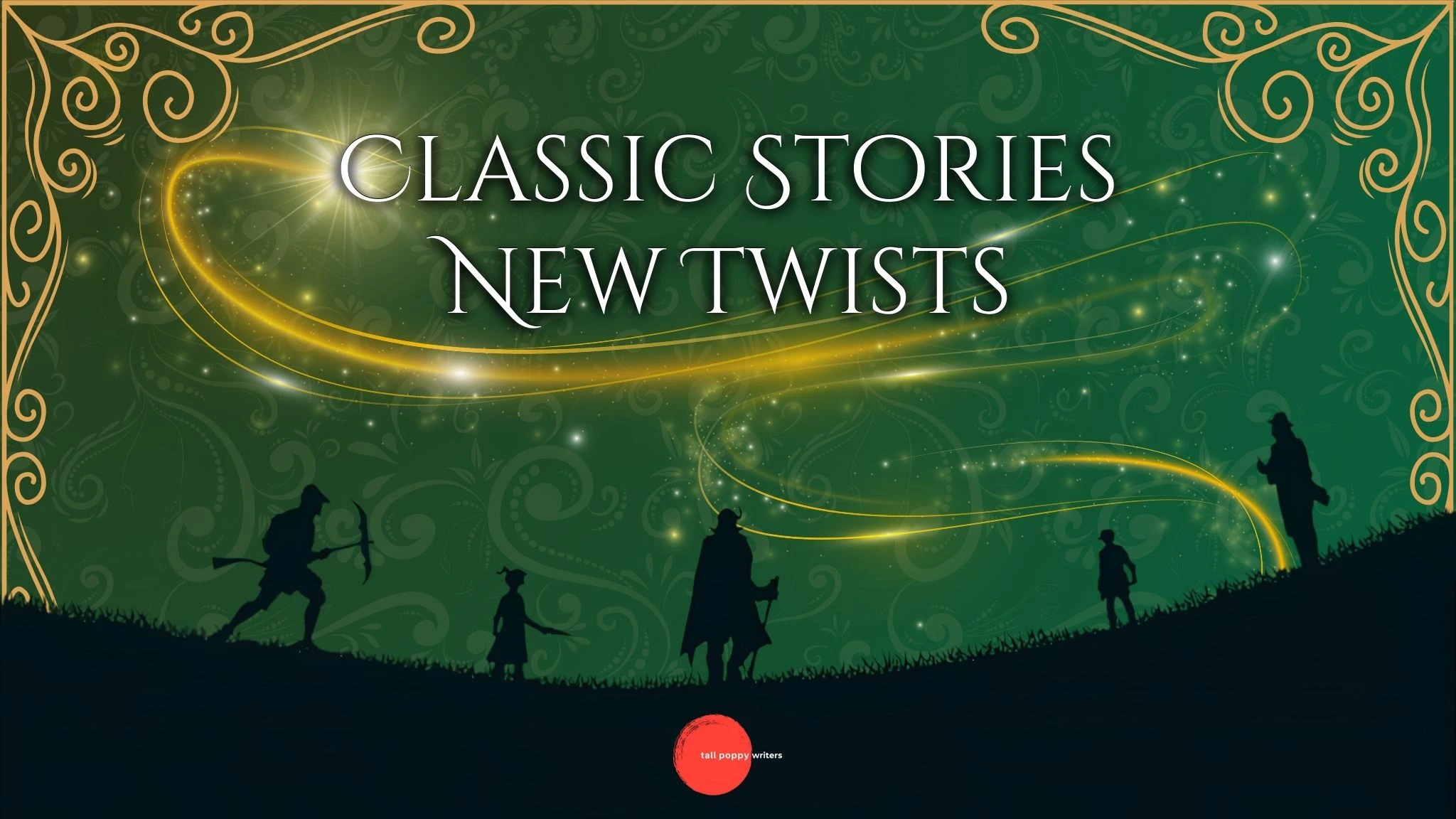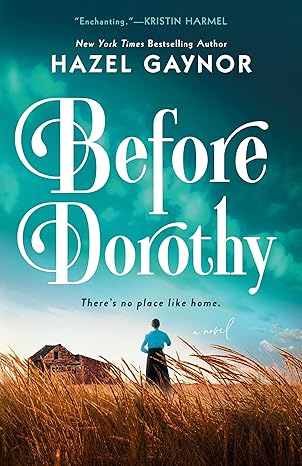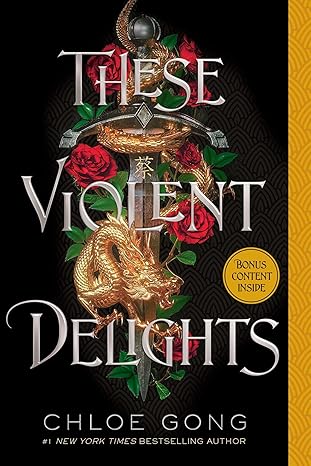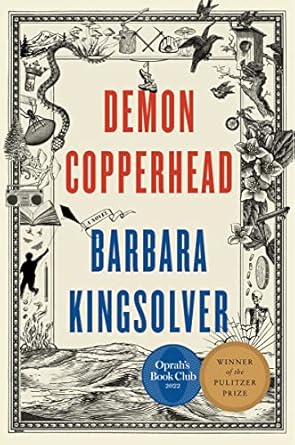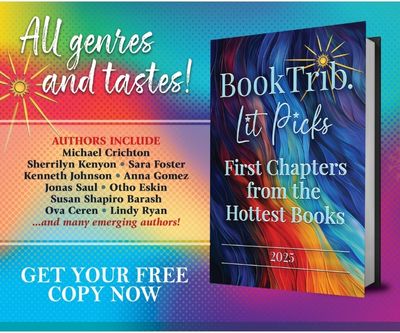Classic novels are classics for a reason. Filled with artful prose, they have either broken convention during the time they were first published, or they have created a lasting impact on every story within its genre that has come after it. But it isn’t only the plot and prose that make these books giants in a sea of books to choose from. It’s the classic author’s extraordinary ability to challenge readers with questions about big truths in life. So why bother reading retellings when the originals offer so much richness as they are?
There are loads of reasons!
One major reason to readers enjoy retelling is that they have developed a relationship in their minds and hearts with these characters and these worlds. By reading a retelling, they’re able to revisit this world they’ve come to know and love. Another draw to reading these creative stories is that readers can explore the original story from a fresh new angle that is also more relevant to modern times. But there are other reasons we all love a good retelling, too. Let’s take a look at six inventive ways below.
The Retelling May …
Provide a Feminist Lens that wasn’t a Part of the Original
Many female characters from the classics were written as afterthoughts and come across as flat, or weak, or victims of their times by today’s standards. Bringing women to the forefront of history and to the story may bring in a whole new engaged readership as women will be able to relate more to the story.
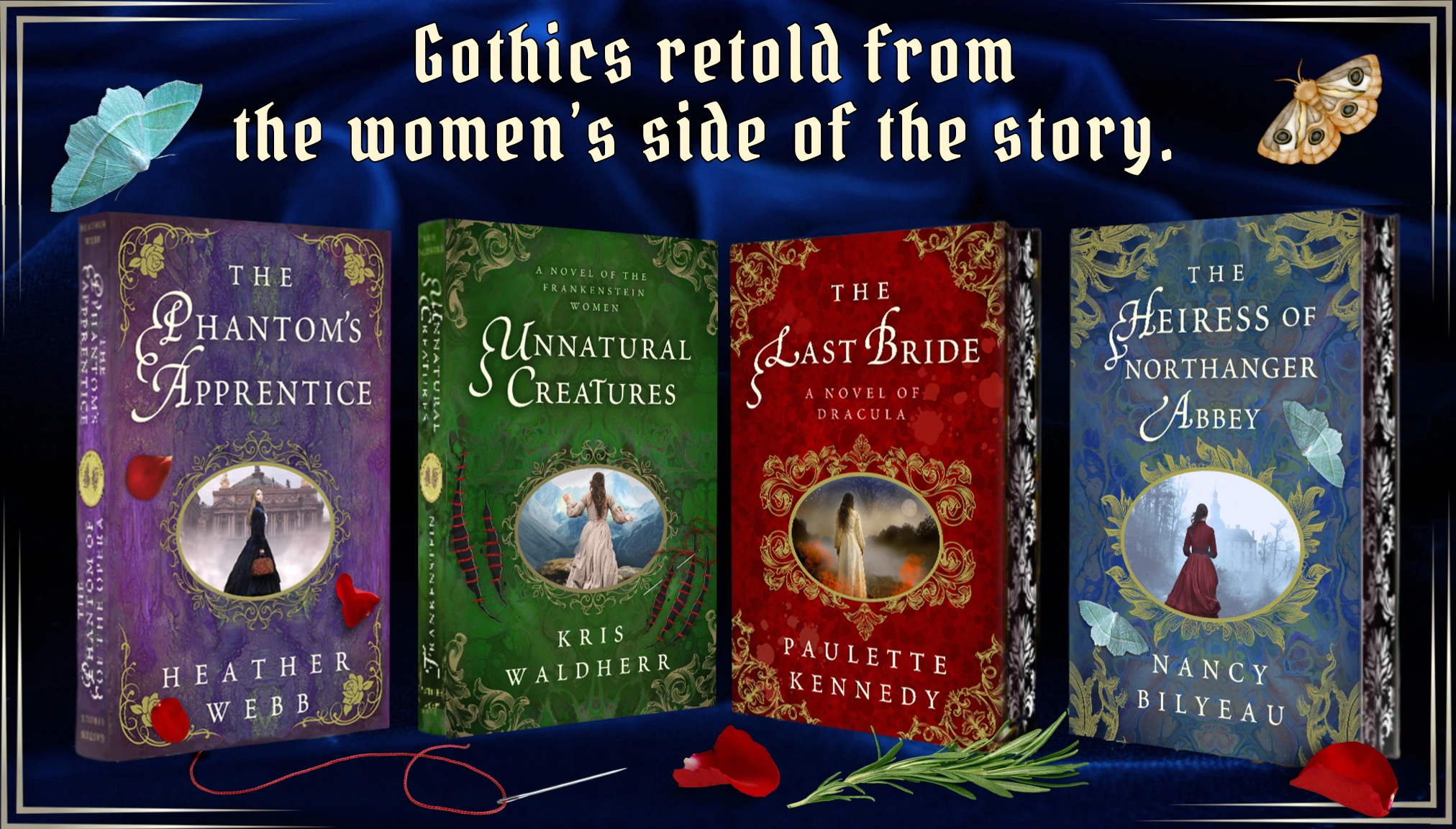
Once Upon a Gothic, is a compilation of Gothic masterpieces retold through the eyes of the women in their stories by Nancy Bilyeau, Paulette Kennedy, Kris Waldherr, and Heather Webb, including The Last Bride (Dracula), The Northanger Abbey Heiress (Northanger Abbey), Unnatural Creatures (Frankenstein), and The Phantom’s Apprentice (Phantom of the Opera).
Deconstruct Racist Norms of the Past
With the evolution of civil rights, the focus on equality for all, as well as inclusion, some of the classics may feel offensive and difficult to stomach in modern times. Retelling a classic in a way that shines a light on the racist treatment of others offers great food for thought and, most importantly, gives power back to people who were maligned historically. This makes for a great read.
James by Percival Everrett is a brilliant, action-packed reimagining of The Adventures of Huckleberry Finn, both harrowing and ferociously funny, told from the enslaved Jim’s point of view.
Tell the Story from a Different Character’s Perspective
A retelling written from a secondary character’s perspective can shed light on the original in a really dynamic way, and open up wonderful emotional beats that have not yet been explored.
Before Dorothy by Hazel Gaynor is the story of Auntie Em, and what happens before Dorothy visits Oz. Emily Gale, sets off on her own grand adventure, leaving gritty Chicago and her Irish-American family behind for Kansas and a life that will utterly change her. Bursting with courage and heart, Before Dorothy tells the story of the woman who raised a beloved heroine, and ponders the question: what is the true meaning of home?
Reimagine the Plot with Murdery or Horror Elements
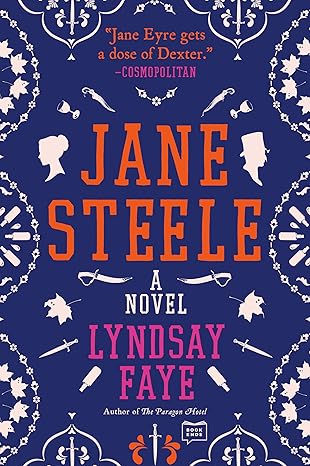
For thriller lovers, this an interesting way to create an entirely new dimension for a beloved character.
Jane Steele by Lyndsay Faye is the reimagining of Jane Eyre, but in this story, she’s a gutsy, heroic serial killer. A sensitive orphan, Jane Steele suffers first at the hands of her spiteful aunt and predatory cousin, then at a grim school where she fights for her very life until escaping to London, leaving the corpses of her tormentors behind her.
Weave Fantastical Threads into the Story
Mixing fantasy into a dark or tragic classic, adds a new dimension of beauty and wonder to the story in a clever way.
These Violent Delights by Chloe Gong is perfect for fans of The Last Magician and Serpent & Dove, this heart-stopping debut is an imaginative Romeo and Juliet retelling set in 1920s Shanghai, with rival gangs and a monster in the depths of the Huangpu River.
Use the Story Framework and Character Archetypes, but the Story is Set in a Different Era and Location
This kind of retelling is another clever and inventive way to take story elements and character types we love to read and expand them within the context of an entirely new setting.
Demon Copperhead by Barbara Kingsolver transposes a Victorian epic novel to the contemporary American South, Barbara Kingsolver enlists Charles Dickens’ anger and compassion in David Copperfield , and above all, his faith in the transformative powers of a good story. Demon Copperhead speaks for a new generation of lost boys, and all those born into beautiful, cursed places they can’t imagine leaving behind.
What retellings are among your favorites?
